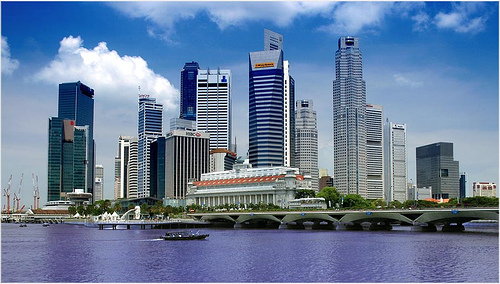
- The Basics
This is important, because the tenant’s contribution constitutes a major part of your investment returns, the other being the sale of the residence at a higher value.
- How Prices Change
Next, it’s important to know how value usually changes in Singapore. Current metrics place the average investment price change at -3.67 percent in a single year. That may sound bad, but looking into the mid-term future, five years from your purchase, your value typically increases by 1.72 percent. Wait another five years, and in the right conditions your home’s value could increase as much as 67.57 percent — a perfect place to consider a sale.
- How Ownership Works in Singapore
Your powers as a landlord aside, ownership here is manifold in its meaning and definitions. Freehold means that you, as the owner, have permanent rights to the residence. A leasehold, on the other hand, makes you owner for the period of the lease. It’s important to know the difference before you start making money, especially if you’re thinking of buying for inheritance purposes.
- On Taxes
As far as tax rates go, Singapore is an attractive country for the financial investments from foreign entities and individuals. For those making their money through the country itself – like landlords – monthly incomes between US$1500 and US$12,000 have a flat rate of 15.1 percent.
- Location
The final and most important question is: where do you actually invest? Singapore isn’t a large country, but the value of property varies according to location. The primary form of housing here is the HDB apartment – a state-sponsored program for subsidized housing, utilized by most Singaporeans. The most expensive property sales are usually in Bukit Panjang.
Please include attribution to http://www.propertyguru.com.sg/ with this graphic.
Infographic by PropertyGuru. Used with permission
